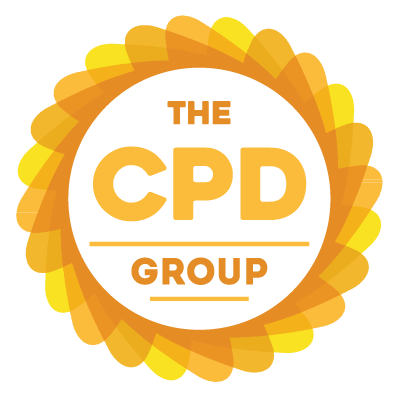Peter Rutherford
Vifor Pharma, Switzerland
Title: Relapsing disease in ANCA-associated vasculitis has a variable response to therapy and is associated with therapy related adverse events and cumulative damage
Biography
Biography: Peter Rutherford
Abstract
ANCA-associated vasculitis (AAV) is a major challenge for nephrologists due to acute kidney injury and progressive renal disease. It is a relapsing remitting disease with relapses occurring in 5-10% patients/year. This study examined presenting illness, clinical outcomes and treatment adverse events (AEs) at baseline, 1, 3, 6 and 12 months following relapse of AAV. A retrospective clinical audit of 1197 patients in 4 European countries included 268 with acute relapse. Mean age was 58.3 years (± 13.2 SD), 60% male and more granulomatosis with polyangiitis and proteinase 3 positivity (54.1%). Renal relapse was common (73%) as was haematuria (59%). Only 16.0% patients had no comorbidity and 7.1% had experienced a previous steroid AE when initiated with induction therapy time of the relapse Response to induction treatment was variable. Among patients seen at month 1, only 18.5% had a full response (no vasculitis activity and steroid taper on track), 71% had a partial response only, and 10% were refractory to treatment. Early response was predictive of full response at 12 months (81% of month 1 full responders vs 49% of month 1 partial responders). Treatment AEs were common particularly early in relapse (54.3% of patients seen at 1 month), as was infection (53.4% of patients seen at 1 month). AAV relapse often has renal involvement, and AEs and infection add to cumulative organ damage in these patients. Response to treatment is variable but early responders are more likely to be in remission still at 12 months. New therapy advances should focus on improved efficacy and lower AE burden.

